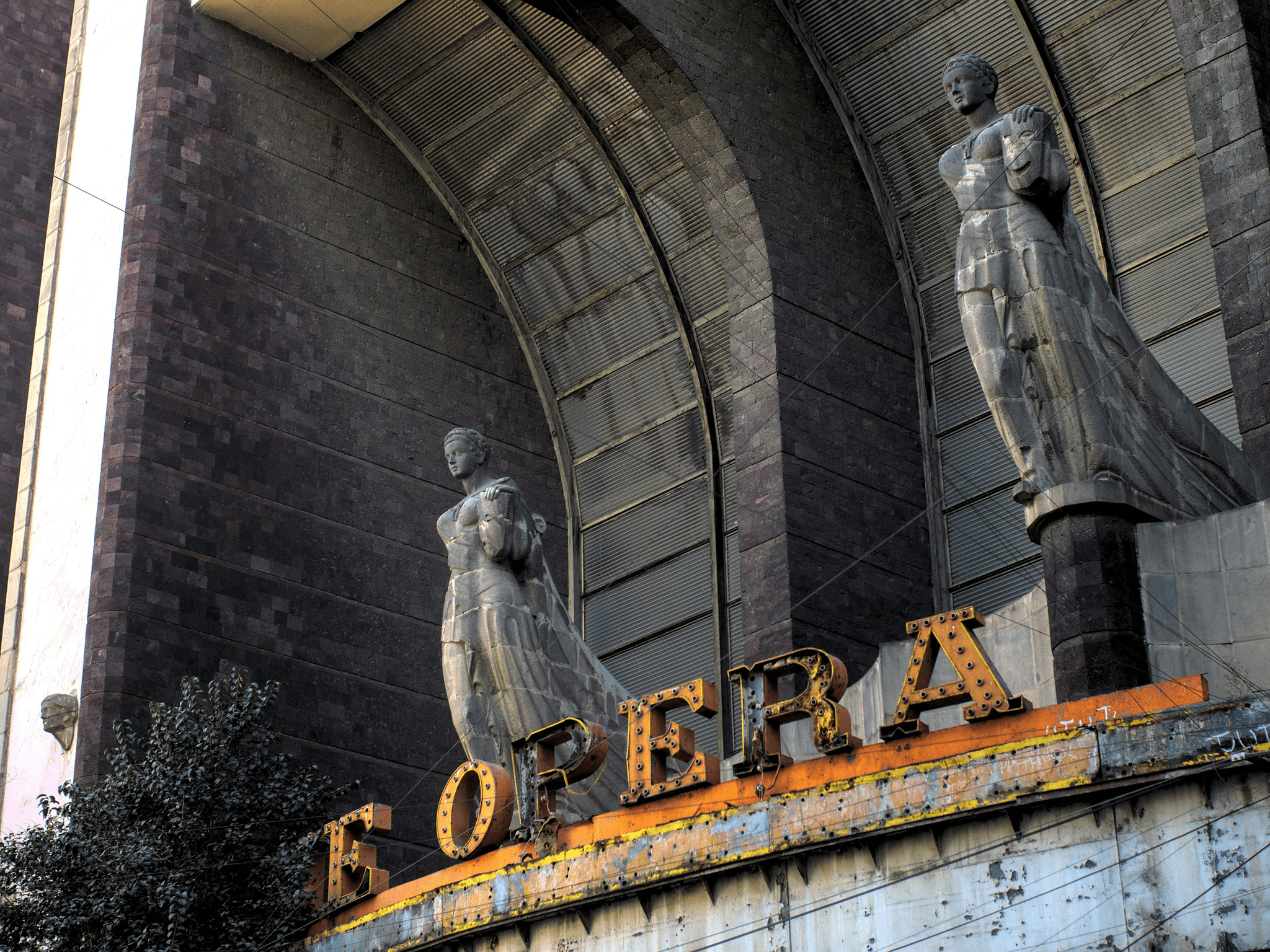OK, 'ere's where we are at right now...
Opera Philadelphia, under the leadership of new General Director Anthony Roth Costanzo, has introduced a groundbreaking "Pick Your Price" initiative for its 2024-2025 season, where every ticket is available for $11 or any higher amount the patron chooses. The program aims to democratize access to opera by removing the financial barriers often associated with attendance. Costanzo explains, “Price can be a big barrier to entry at the opera... If we are worried about making sure we sell expensive tickets, it limits the possibility of who we reach and what we make” (source: Opera Philadelphia).
Anthony Roth Costanzo’s Perspective
Costanzo believes that making opera more financially accessible will change not only who attends but also the stories that can be told on stage. “When it doesn’t cost $150 to have a prime seat at the opera... that changes how we relate to opera. Who sits in those seats? That changes the stories we can tell,” he noted. Costanzo is pushing for a shift in the opera world, away from programming decisions driven solely by the need to sell high-priced tickets, toward a model that invites diverse audiences and allows for more creative risk-taking (source: WHYY).
Kostis’ Perspective
My friend and General Director of Opera Santa Barbara, Kostis Protopapas, offers a different take. While recognizing the innovation in Opera Philadelphia’s approach, he sees it as a risky move. Kostis argues that reducing ticket prices isn't necessarily the key to growing audiences; he believes the main challenge is aligning the number of performances with actual demand and ensuring ticket sales remain a vital source of income for financial sustainability. “Cutting prices is a reasonable tactic for mitigating losses in the short term, but, in my opinion, not a sustainable long-term strategy or good for the art and artists,” Kostis suggests. He emphasizes the importance of maintaining a robust paying audience as a metric of relevance and cautions against over-reliance on donations and grants, which can be unpredictable.
MY TAKE
I appreciate the discussion around Opera Philadelphia's $11 ticket initiative and want to thank both Anthony Roth Costanzo and Kostis and Opera Santa Barbara for sharing their thoughts. As someone who's spent three decades in opera—performing, producing, and managing—I'd like to add more context from both historical and business model perspectives.

Opera has always been about more than ticket sales.
Opera has always been about more than ticket sales. Think of Verdi: his operas were often commissioned by state or municipal entities like Teatro La Scala or Teatro La Fenice, funded through public subsidies and private patronage. These productions weren't cheap, but they aimed to create works that resonated with contemporary audiences and addressed social and political themes. The value wasn't just in ticket revenue; it was in cultural impact and engagement.
Fast forward to today, and marketing slogans and strategies like Opera Philadelphia's $11 ticket isn't a radical shift; it's an evolution of this tradition. They are lowering financial barriers to attract a broader audience, much like Verdi's works were made accessible through public funding and support. This isn't a gamble; it's a strategic move to ensure opera remains vibrant and relevant.
Opera companies today are redefining their value proposition. initiatives such as the long standing 50% off and BOGO (buy one get one) tactics, represent more than discounted seats; they signal that opera is accessible and meaningful to all, aligning with what today’s donors and patrons often value—that is cultural impact over immediate financial return.
Modern composers like Philip Glass, Jake Heggie, and Anthony Davis, much like Verdi, balance between artistic integrity and financial viability through grants, commissions, and donations. Even commercially oriented productions like Bernstein’s West Side Story or the Broadway hit Hadestown needed significant upfront investment to cover their high production costs. Whether nonprofit or commercial, opera and musical theater must juggle various funding sources to survive.
I understand the concerns about depending too much on philanthropy, but it's always been part of opera’s DNA—from Verdi’s time to now. What Opera Philadelphia is doing is investing in future audiences by aligning with a mission of cultural engagement, not just ticket sales. Rather than seeing this $11 ticket model as risky, let's consider it an opportunity to redefine success, not just by revenue but by how deeply we connect with our communities.
Looking forward to seeing where this conversation goes and how we can continue finding ways to sustain and celebrate opera for all.

